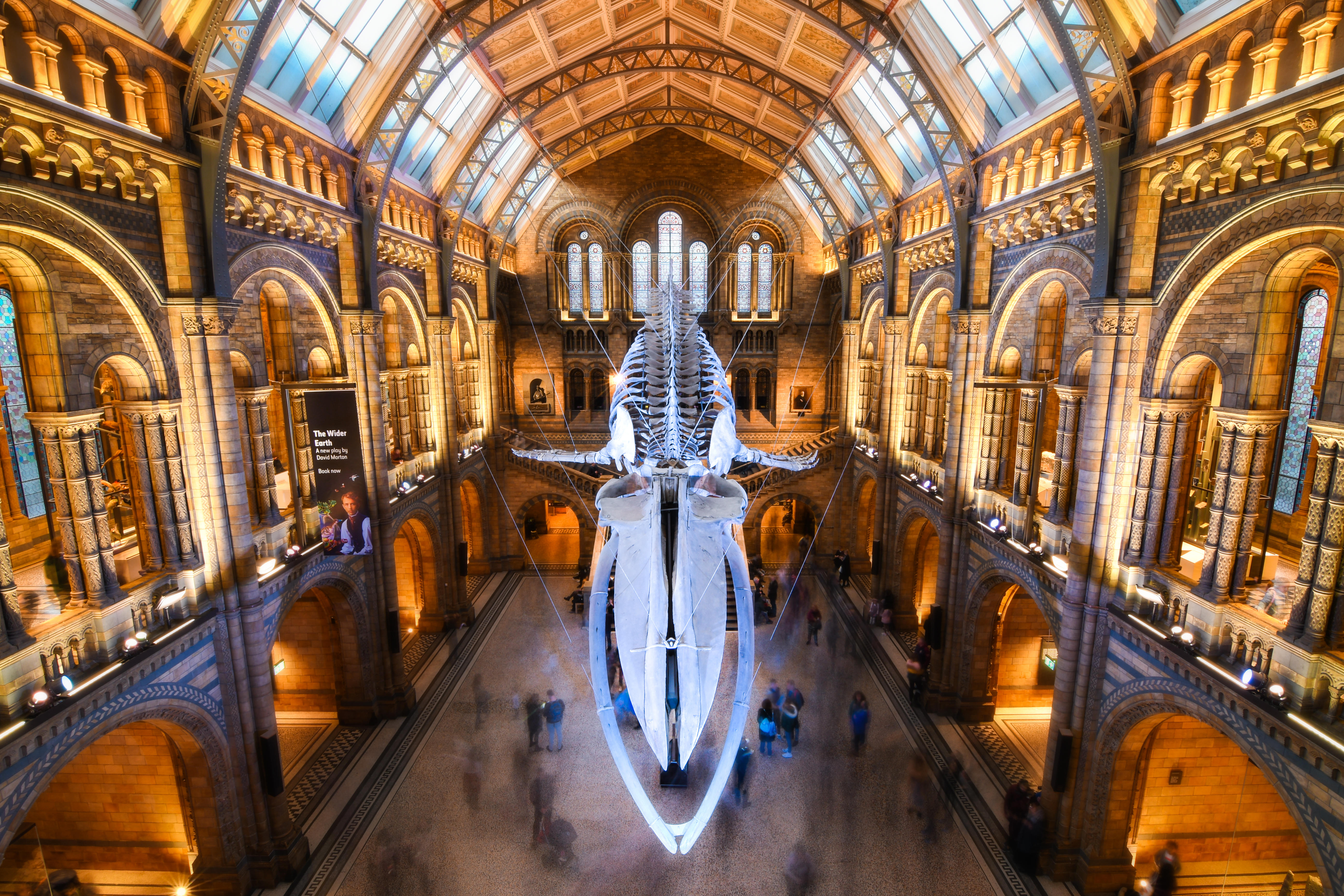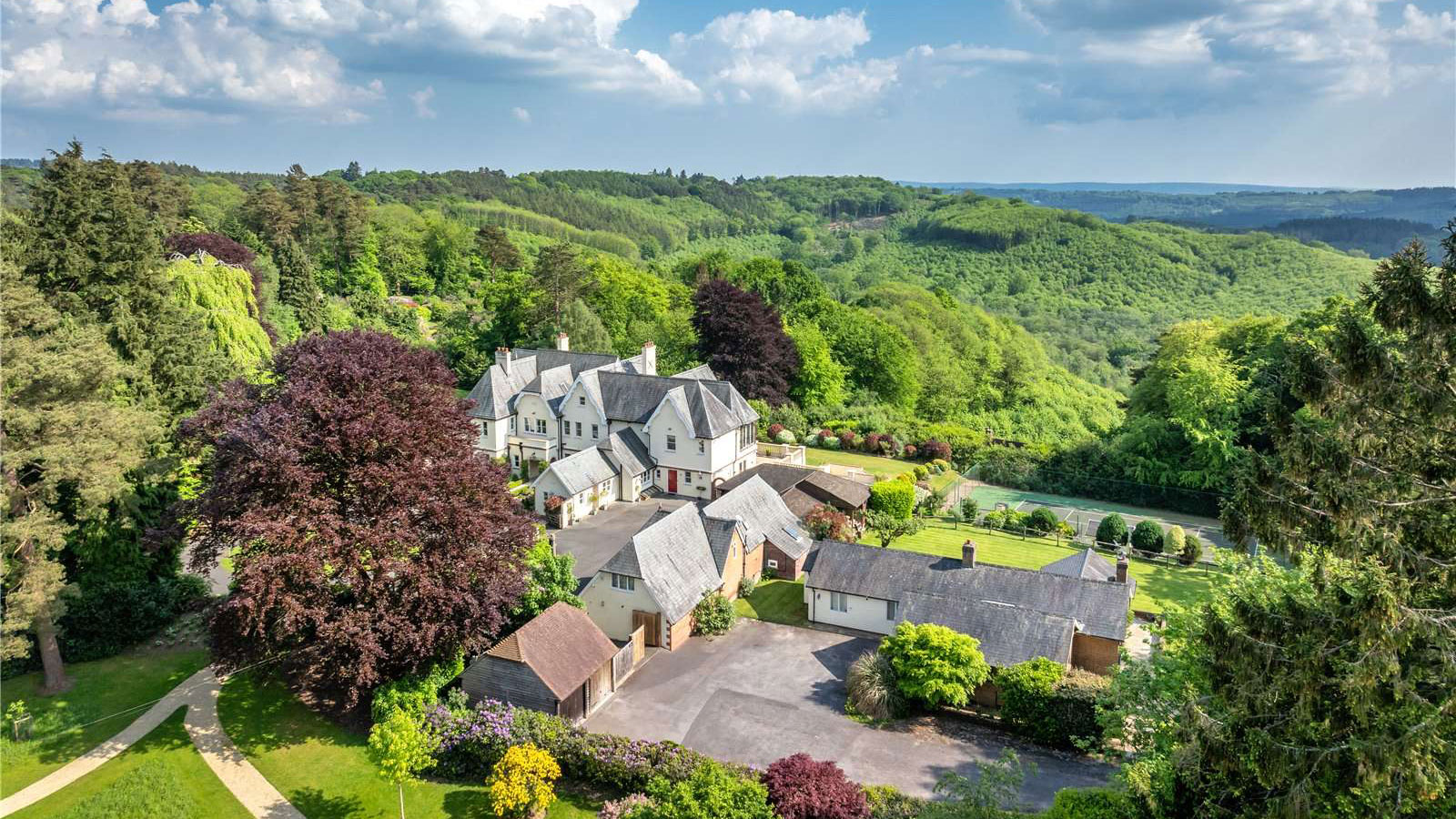Spectator on California fires
The wildfires of California have prompted Carla to think about what she would add to her emergency bag should she need to be evacuated


Although I have a pretty good idea of the time difference, I go to www.timeanddate.com before I call my cousin in California. In a flash, I see that over there it's seven hours earlier than Greenwich Mean Time, plus one hour for Daylight Saving Time, which, as I write this at 7.30pm in Suffolk, means it's 11.30am out there. The site also tells me that the temperature at the Santa Monica airport is 65˚F or 18˚C, the wind is 3mph from 70˚ east?north-east, and 'civil twilight' ends at 6:33pm. I'm still chewing over the words 'civil twilight' when Jamie answers. She assures me that she's all right, so is her month-old granddaughter Mia, sister to year-old grandson Ash. In times of disaster, what you think about first is family. And as soon as you hear the news, your mind leaps to thoughts so far-fetched that you feel dumb if you say them out loud.
For instance, why would Al Quaeda bother with hijacking aircraft when all you need to wreak destruction is a match? In southern California, the local wildland ecology is like a box of kindling. The previous two winters had been the wettest on record, but the winter of 2006?7 was the driest. It laid the bonfire of drought-parched brush and grass that turned the region into an incinerator, destroying homes, shops, offices and lemon and olive groves. Nearly a million people have been evacuated. It makes you wonder why countries bother with nuclear bombs when a match, combined with dry brush, can create such havoc; when a box cutter, combined with a distracted airline employee, can bring down the Twin Towers.
After we hang up, I go onto CNN and the LA Times online and watch the photos in a slideshow of tragedy, profiles of a fire-fighter as he 'watches a backfire burn on Palomar Mountain'. I scan the video of beautiful wooden houses collapsing like scenes from a movie, of firefighting aircraft, grounded most of the week, finally spewing their red dust to douse the flames. I go to Google Earth and study the map with red and green pins showing all the fire sites. In between images, I read a message on the southland wildfires messageboard by an evacuee from Katrina: collect your precious snapshots; make a copy of everything on your computer; bring extra cheques; refill your prescriptions; make a copy of your address book on your computer; bring your mobile phone.
I begin making a mental list of additions to the emergency bag. The wind-up radio Sam got for Christmas a few years ago. And what about face masks? Vaseline? Bottled water? A corkscrew and a couple of bottles of wine? A bag of walnuts? A fat anthology of poetry? My biggest pashmina? As I gaze at the faces of the evacuees from the comfort of my desk chair, I conclude that they look healthier than those in New Orleans two years ago. The Californians have brought cots and blankets, towels and water and their dogs.
But the truth is, you can't prepare for loss on this scale. People build their houses on flood plains and in fire zones because the human imagination doesn't grasp disaster. Because to believe always that the worst can happen, that your child will disappear on the way to the store, that the fire will destroy the work of a lifetime, would derail what humanity we have mustered, would deprive us of what grace we hold on to. No one can live with the belief that it will be The Fire Next Time.
Sign up for the Country Life Newsletter
Exquisite houses, the beauty of Nature, and how to get the most from your life, straight to your inbox.
Country Life is unlike any other magazine: the only glossy weekly on the newsstand and the only magazine that has been guest-edited by HRH The King not once, but twice. It is a celebration of modern rural life and all its diverse joys and pleasures — that was first published in Queen Victoria's Diamond Jubilee year. Our eclectic mixture of witty and informative content — from the most up-to-date property news and commentary and a coveted glimpse inside some of the UK's best houses and gardens, to gardening, the arts and interior design, written by experts in their field — still cannot be found in print or online, anywhere else.
-
 Athena: We need to get serious about saving our museums
Athena: We need to get serious about saving our museumsThe government announced that museums ‘can now apply for £20 million of funding to invest in their future’ last week. But will this be enough?
By Country Life
-
 Six rural properties with space, charm and endless views, as seen in Country Life
Six rural properties with space, charm and endless views, as seen in Country LifeWe take a look at some of the best houses to come to the market via Country Life in the past week.
By Toby Keel